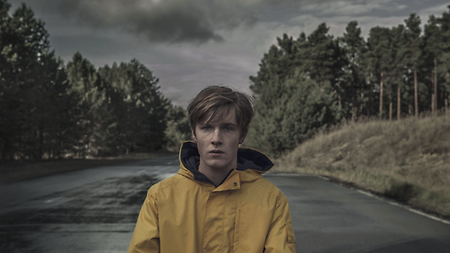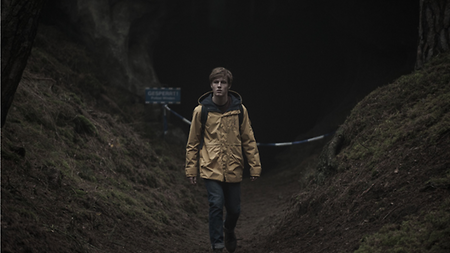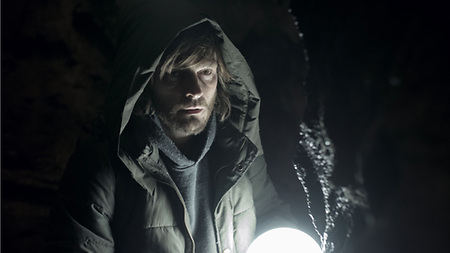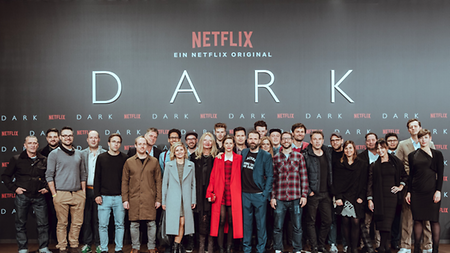Starting December 1, 2017, "Dark," a mystery family saga produced by Wiedemann & Berg on behalf of Netflix, streams simultaneously in 190 countries worldwide. ARRI was hard at work behind the scenes of this ten-part series by Baran bo Odar and Jantje Friese.
Mr. Nuri, you were responsible for the postproduction on "Dark" at ARRI Media. Why did you choose ARRI Media as your postproduction partner?
For various reasons. One of the biggest challenges on "Dark" was the really tight time schedule. Picture lock was at the end of July, the first test packages had to be ready by mid-August, and the first deliverables for the Netflix location team had to be available by September. So, we had to find a service provider that was capable of producing 504 minutes of content in that brief period of time, in the quality that is synonymous with showrunners Baran bo Odar and Jantje Friese. For that to be possible, the service provider had to have a finely-tuned team of outstanding experts at its disposal and be able to upscale at will to react to any eventualities. That is why we wanted to work with ARRI Media. Another reason was the request from cinematographer Nik Summerer and from Bo to shoot with what they considered to be the best camera: the ALEXA. Netflix films in 4K, so we quickly decided to go with the ALEXA 65 from ARRI Rental to shoot the series. Then it made sense to put together an entire package with ARRI.
Netflix ordered the ten-part mystery series and is streaming it worldwide in 190 countries. What are the quality standards for that kind of project?
I have never before had such spirited discussions with a client about quality control more than a year before delivery. It is something that Netflix places great value on, and their QC is like nothing I have ever experienced. The people responsible at Netflix examine everything very precisely and repeatedly to make sure that nothing restricts the “viewer experience.” That is the prime concern at Netflix, and it covers a wide range of things. It is always about giving the viewer the best possible – the perfect – product. The postproduction engineers at Netflix were closely involved in everything we did. They repeatedly asked for status reports and even visited us from time to time. It was an excellent and intense collaboration. At the same time, there was yet another challenge with "Dark": Everything had to be perfect, extremely fast, and within budget. As a rule, you plan on one of those three things not working out, but we managed them all this time.
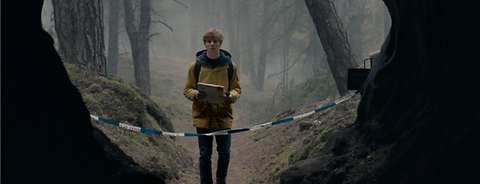
Netflix series "Dark": A full ARRI package
The first German Netflix Original series "Dark" was postproduced by ARRI Media after being shot with ALEXA 65 and Ultra-Prime lenses and lit with SkyPanels from ARRI Rental. Postproduction supervisor Sven Nuri talked about his work.
